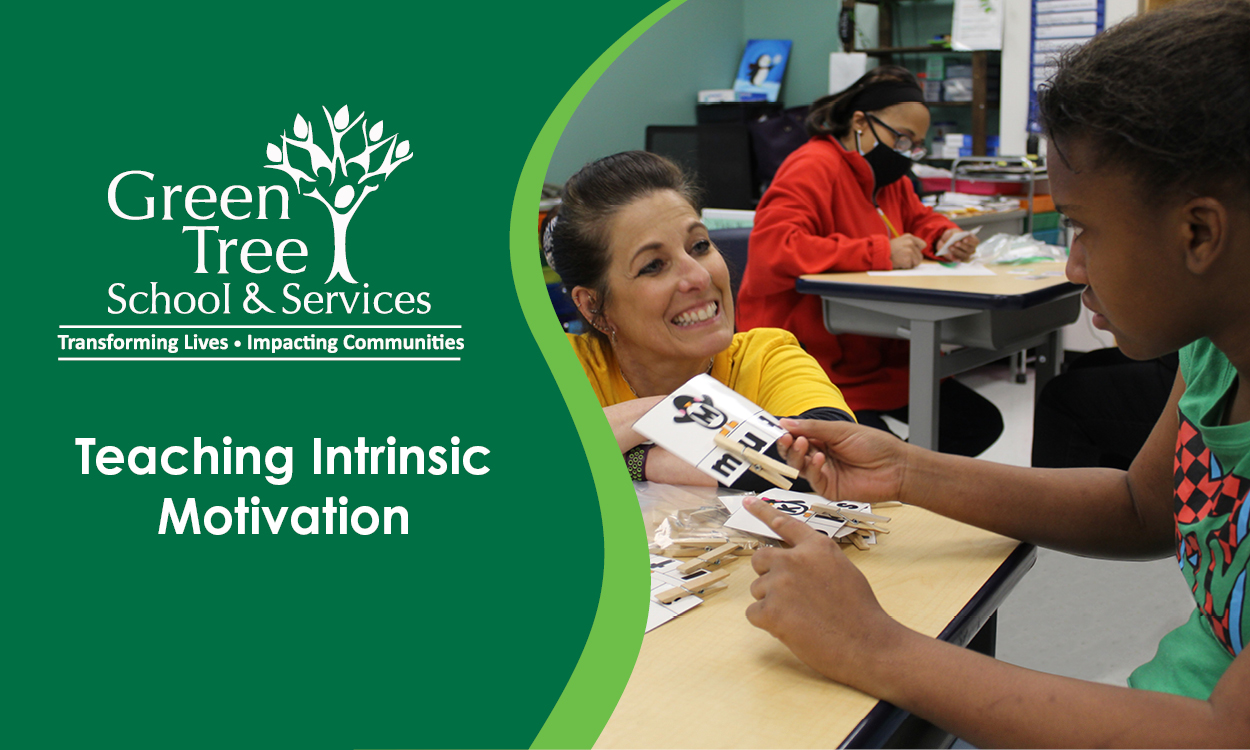Tips for the Holidays!
Posted: December 04, 2023 | Written By: Drew Delligatti | Category:

This blog was written by Erin Collins, BCaBA, LaBA, Clinic Manager at Applied Behavioral Services in Cincinnati, OH.
For parents of children with special needs, preparing for the holidays requires a thoughtful and inclusive approach to ensure everyone can enjoy the festivities. Here are some tips to help you create an inclusive and enjoyable holiday season:
Sensory-Friendly Decorations: Use soft, calming, or tactile decorations that cater to sensory sensitivities. Consider using subdued lighting or projection lights instead of flashing, bright lights.
Visual Schedules: Create visual schedules or social stories to help individuals with special needs understand the holiday plans and routines.
Inclusive Activities: Plan activities that accommodate various abilities, such as crafts, singing, or storytelling. Offer choices and let children opt in or out based on their comfort levels.
Quiet Spaces: Designate a quiet, sensory-friendly space where individuals can retreat if they become overwhelmed. Include sensory tools like fidget toys, weighted blankets, or noise-cancelling headphones.
Sensory-Friendly Gift Wrapping: Use sensory-friendly wrapping paper, like fabric or soft materials. Avoid excessive tape or hard-to-open packaging.
Inclusive Music: Play music at a moderate volume and offer headphones or earplugs if needed. Provide a variety of music to cater to different preferences.
Social Stories: Create social stories or visual guides to help individuals understand what to expect during holiday gatherings.
Communication Support: Be patient and use effective communication techniques, such as clear and simple language, visual aids, sign language, or picture icons if necessary.
Inclusive Gift Giving: Ask for wish lists or gift preferences and try to find gifts that cater to the individual's interests and needs. Consider gifts that encourage sensory exploration, like textured objects or calming tools
Inclusive Games: Choose games and activities that can be adapted to different abilities. Allow for rule modifications to accommodate everyone.
Inclusive Outings: If you plan outings or trips, make sure they are accessible and consider the needs of the individual. Prepare for any sensory challenges by having comfort items on hand.
Educate Others: Help family and friends understand the unique needs of your loved ones, so they can provide support and create an inclusive environment.
Practice Inclusivity: Encourage participation, but don't pressure anyone into activities they're uncomfortable with. Respect boundaries and individual preferences.
Sensory-Friendly Clothing: Choose comfortable, sensory-friendly clothing that accommodates various sensitivities. Avoid clothing with scratchy tags, tight elastics, or uncomfortable seams.
Remember that the needs of individuals with special needs can vary widely, so it's important to tailor your preparations to their specific requirements and preferences. Open communication and flexibility are key to ensuring a joyful and inclusive holiday season for everyone!
Want to be notified of new articles and resources from Green Tree Schools? Click here to submit your email and opt into our newsletter.









